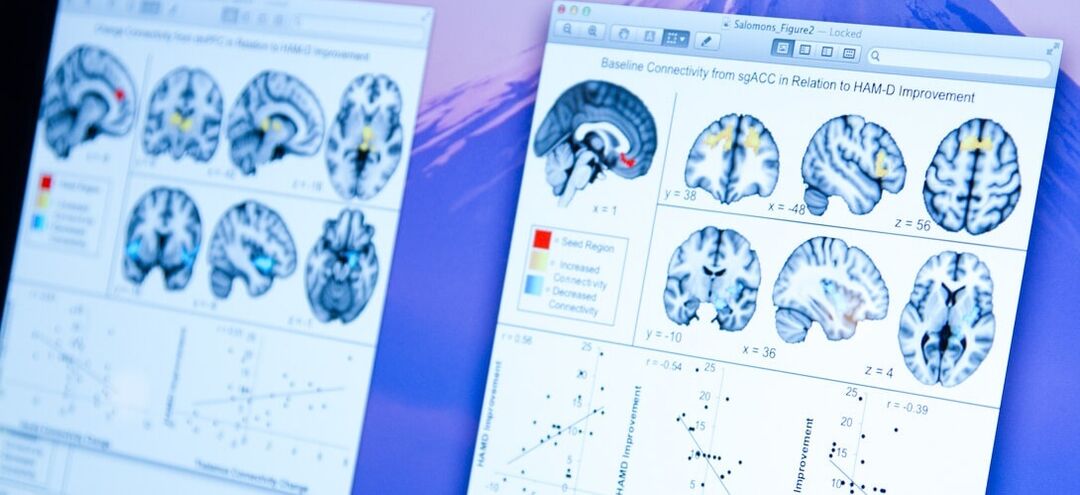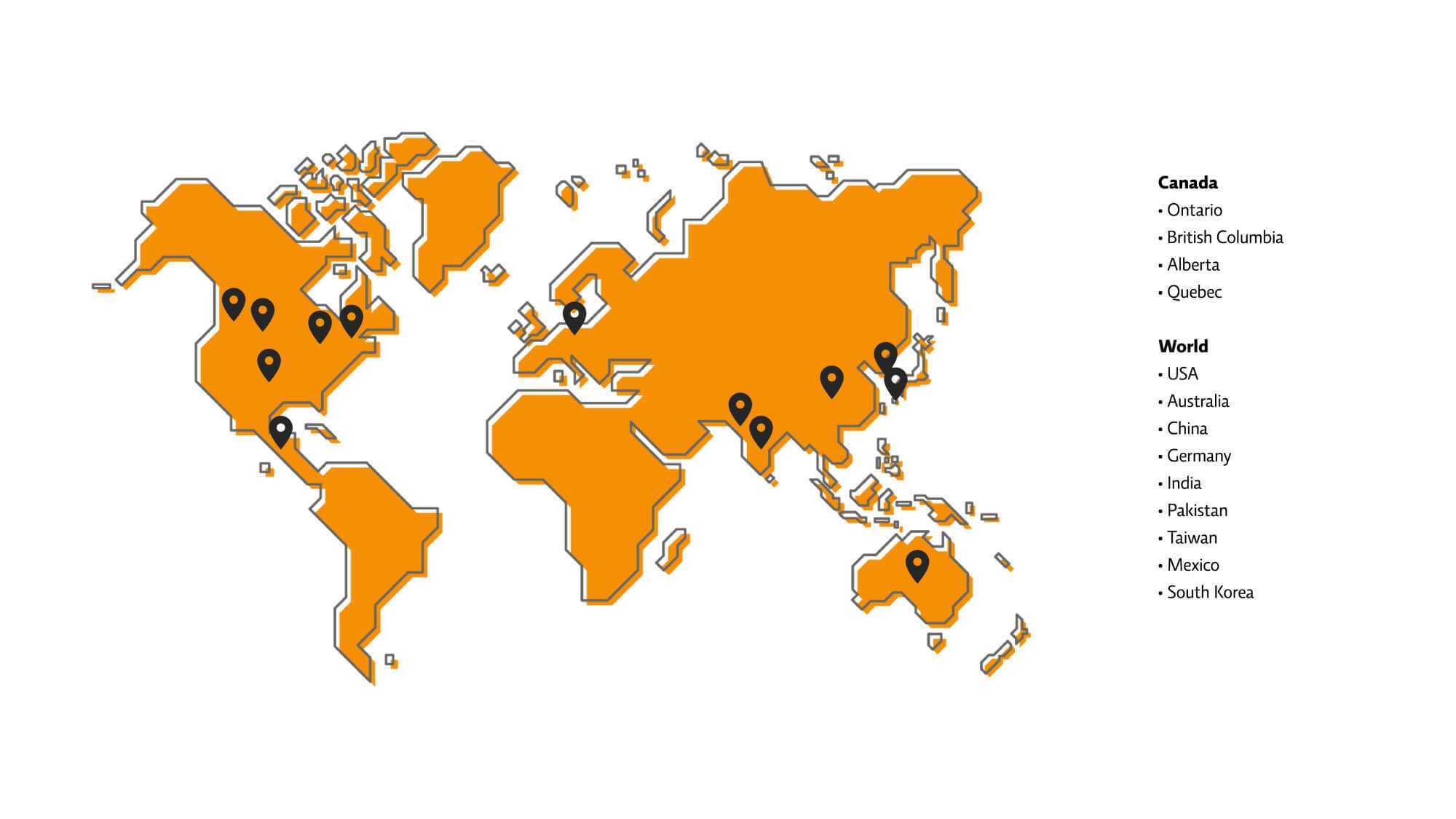Accelerating Knowledge > Brain-CODE - A Gold Standard for Data Sharing

How is OBI bringing lab to life > Shared high-quality data on brain-CODE
“Data sharing isn’t a novel idea – but Brain-CODE has brought this idea to fruition by example,” says Dr. Tom Mikkelsen, President and Scientific Director of OBI. “Through the collaborative efforts of over 190 researchers representing over 20 institutions across Canada, Brain-CODE is breaking down barriers, promoting collaborative thinking and encouraging a ‘Team Science’ approach to health care, positioning the shared goals of a research community over individual success.”
“Through the collaborative efforts of over 190 researchers representing over 20 institutions across Canada, Brain-CODE is breaking down barriers, promoting collaborative thinking and encouraging a ‘Team Science’ approach to health care, positioning the shared goals of a research community over individual success.”
Dr. Tom Mikkelson, President & Scientific Director of OBI
“Big-data” has captured the attention and imagination of industries around the world for its ability to reveal patterns and trends undetectable in small studies. At OBI, we’re just as excited by “big-data” and its potential to facilitate ground-breaking discoveries.
Brain-CODE, OBI’s neuroinformatics platform, was built to enable collaboration and data sharing to help speed-up the research that will improve the lives of people living with brain disorders. And it is doing just that. The thinking behind Brain-CODE is proving to be fit for the collaborative study of other health concerns as well.
So how does it work? Brain-CODE is designed to store, manage, share and analyze the many different types of data collected by researchers across OBI’s six Integrated Discovery Programs (IDPs) and researchers across Canada.
Initially developed to help integrate and share the wealth of brain research data, these data sets are now proving to have value for researchers outside OBI’s programs. Brain-CODE’s existing open data sets have been requested and downloaded 128 times during this past year with requests received from several countries including China, USA, Germany, Mexico and Australia.

In addition to its growing global reach, Brain-CODE is looking to release six new clinical data sets in early 2021. Making these valuable clinical data sets available to researchers worldwide will not only help improve our understanding of the brain but also lead to improved care and new treatment options. More importantly, this work speaks to the efforts the Brain-CODE team takes in ensuring that participant’s data is safe and de-identified - a testament to the trust researchers and participants have in Brain-CODE.
As the proven potential and power of the Brain-CODE platform is increasingly recognized, it is also being sought out for the study of other health issues – Brain-CODE is an example of how data sharing can and should work.
OBI continues to be a leader in open science initiatives across Canada with its latest involvement with the Ontario Health Data Platform (OHDP). Dr. Mikkelsen is a member of the Joint Minister’s Roundtable on the COVID-19 Health Data Platform where OBI’s deep knowledge in this space is helping shape principles of design, safety and governance.
We strongly believe that this community approach to science is the path forward and towards ground-breaking discoveries in healthcare. By facilitating and participating in convergent partnerships within research, OBI will continue to help lead and accelerate the discovery of innovative products and services that will improve the lives of those living with brain disorders.
Curious to know what big data means for your brain health? Watch a recent OBI Public Talk, access Brain-CODE’s open data releases and take a look at its governance policy here.
